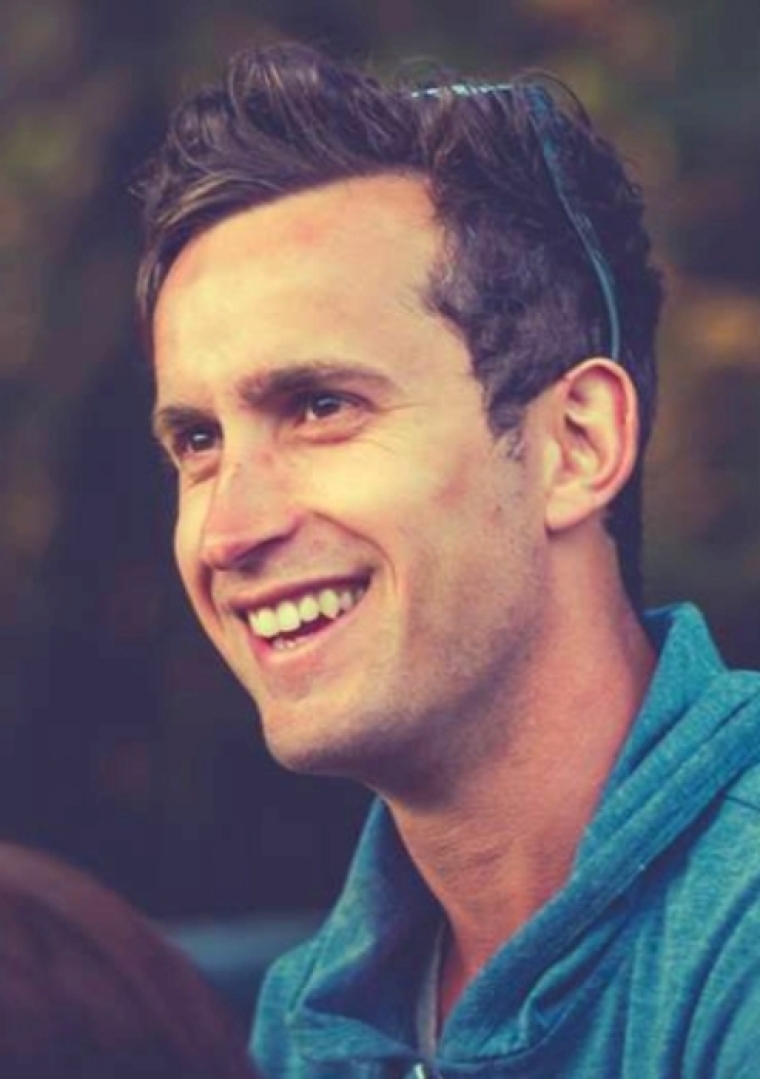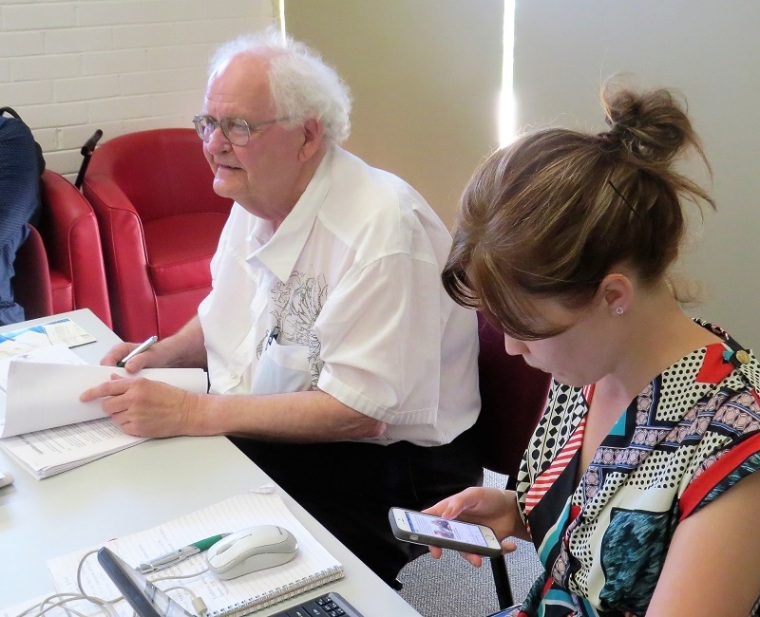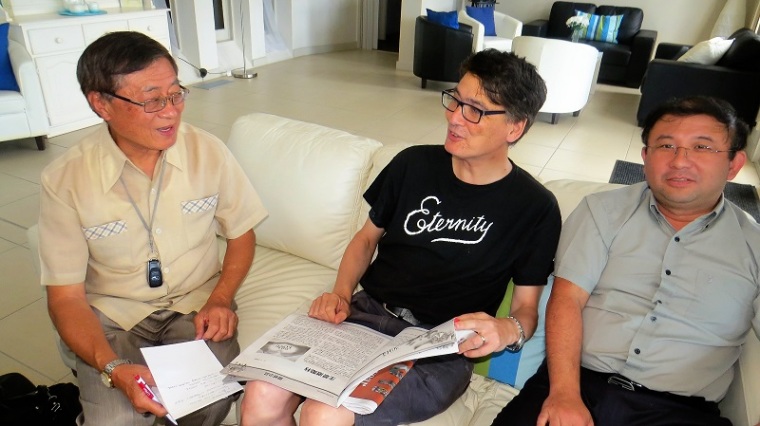

On a quiet Saturday morning in Auckland, a lady in a large SUV sped down the road wanting to turn onto a deserted side road. I happened to be crossing it on foot. In fact, I was nearly halfway, but rather than coasting for half a second longer, she decided to turn sharply and honk loudly—one of those extra-long honks screaming, "MOOOOOOOVE!"
I scurried out of danger, lest she only narrowly miss me, and turned to watch her hustle past in her Mercedes.
I couldn't help but notice her lack of awareness, common sense and compassion in thinking I was somehow worth honking at—an unruly pedestrian hogging the road.
Individualism
It seemed her behaviour was representative of exclusive entitlement. Maybe she was having a bad morning, but I feel it's a trait in line with a culture that breeds separateness, privilege and individuality. To be unique and different, to create our own specialness is a necessity: to know who you are.
However, it's healthy to focus our gaze a little further than ourselves; we shouldn't be distant from our surroundings and community. Having no empathy for the 'other' has a unique propensity for damaging, egotistical living.
I want to explore this idea a little further.
The sin angle
Growing up in church circles (a brilliant start to life), I felt like sin was the main thing we had to avoid. As if avoiding lust, drunkenness and other deadly sins was the only way to heaven and 'being,' or pretending to 'be,' free of sin was what being in the church club was all about!
I'm not suggesting we ignore sin—in fact I'm all for exposing our shadows and dealing with our faults. (Some say our sufferings are holes to the soul where God's love can enter.) But a real problem with sin arises when we fail to admit we have any.
We often spend time demonising our shadows but I think the biggest thing that separates us from wholeness and life is not the dark but actually disconnection and separateness itself.
Creating our islands
Our disconnection from the other, and ourselves, leads to an individualistic, narcissistic avoidance of those who aren't like us. We can even avoid our own true longings. We can get stuck with a narrow view of our own personal salvation project, focussing on avoiding immorality at all costs and so missing the bigger picture. Anything different that doesn't line up with our way of thinking can quickly become a threat to our small world of self-interest.
Richard Rohr says this kind of thinking "...leads to denying, pretending and projecting instead of real transformation into the divine."
The Church is shrinking
I read an article, 12 reasons why Millennials are over church, and I agreed with the writer. People my age are fed up with hypocrisy they see in some churches and are leaving in large numbers. The theme seems to be because of a lack of transparency in church leaders.
A lack of openness from those in power seems to breed people further down the line who are also unwilling to be open: they haven't seen it modelled well. Thus, within the confines of blaming and defending our positions, we become separated islands adrift on our own.
What could it look like?
Universally, we all crave connectedness, and church gatherings can be amazing places of life-giving community, joining together all kinds of people.
Occasionally I've seen it done well; I've seen glimpses of how beautiful it's meant to be. But it's also hard because, even though we're loved, blessed and made in God's image, we forget that about each other so quickly.
We must try to remain connected to a life-giving body of people who share their weaknesses, affirm openness, embrace and look to grow. These things may sound like fluffy buzzwords, but it doesn't mean it's any less true that the church should be a place for connection, where transformation into the divine can truly occur.
The Vine
In John 15, Jesus said, "I am the vine and you are the branches." He wants us to stay connected to a source greater than ourselves, to soak up life-giving sap.
If we go it alone, we'll wither and die. We'll go inward, becoming so obsessed with ourselves we won't see others as anything more than an obstacle to toot our horns at.
I don't think Jesus wants to keep us bottled up behind church doors—when he says, "abide in me," I think he wants us to mirror his endless love and inclusivity to everyone we meet.
Dietrich Bonhoeffer wrote, "The person who loves their dream of community will destroy community, but the person who loves those around them will create community."
Me too
Having secluded alone time can be life-giving; however, our inner mess has a tendency to bubble up if we don't acknowledge pain. Sharing and finding out that people around you are also going to through something similar is medicine for the soul.
We need to stop lumping guilt on people for their differences and darkness, and start saying, "me too." Salvation is for the whole church, not a select few 'correct ones.' We're saved together, integrated parts of the whole.
The ego wants to feel separate and superior—we all want to be unique individuals—to have that cool something which makes us stand out. Such things aren't bad in themselves but seeing the danger of setting ourselves apart is vital for including those on the fringes.
I've slowly started to see there are some truly transformed people who feel no need to stand out, who simply and humbly go about their way loving others. They reflect a unique inner specialness that comes from a greater source, not from anything they earn or claim.
I've got a long way to go, so much to learn and unlearn, but I've begun to realise how important it is to meditate on the fact I'm a beloved son, just as I am.

As I walk across the road, I'll look out for those who don't seem to care for anyone but themselves, but I won't judge. I won't pretend I'm better or worse than any 'other'; we're all made in God's image, all part of one flawed and broken body. Our different parts are vital for making a whole.
Brad Mills enjoys the outdoors and almost any sport... For a day job he's a journalist/builder/video editor and lives in Auckland New Zealand.
Brad Mill's previous articles may be viewed at www.pressserviceinternational.org/brad-mills.html